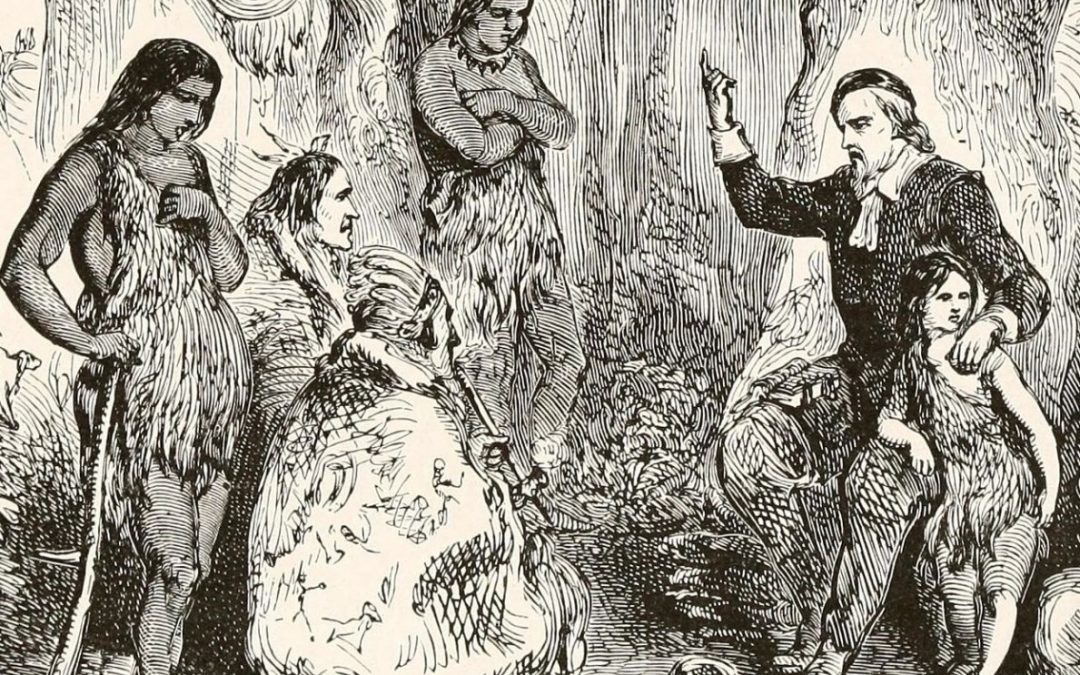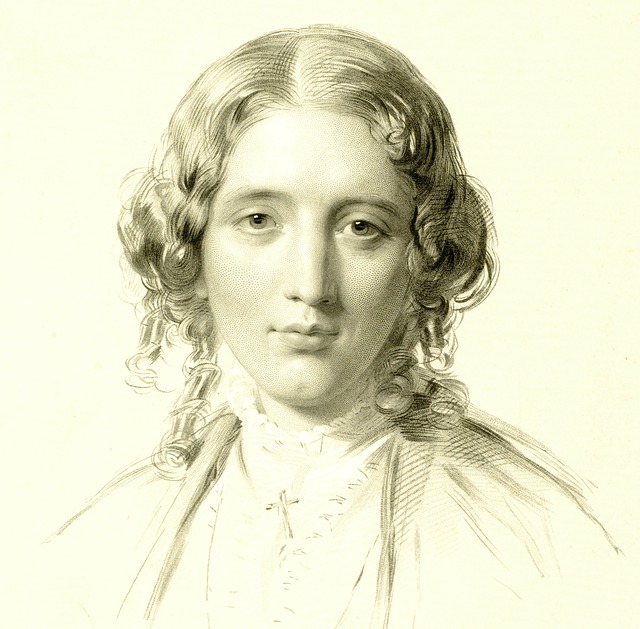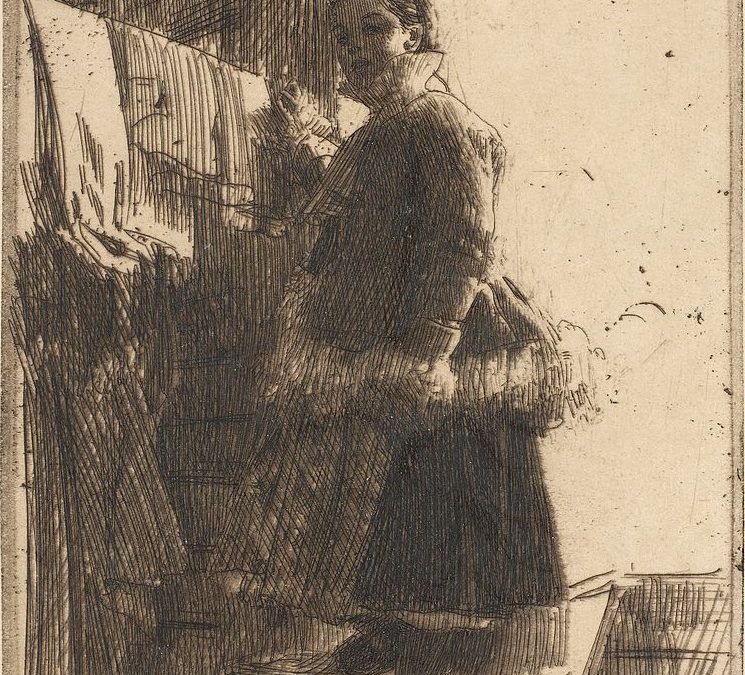
Book review: Lord of the Flies
Hedonism, barbarism, reality…
Book review:
Lord of the Flies
by William Golding (1911-1993)
Published 1954
It’s just possible that you’ve never heard of this book (or the 1963 movie). Try the book first. Its sustained drama shames the movie. Half of the movie is about boys in tattered clothing running through the forest—that’s not what Lord of the Flies is all about.
I dare to give this briefest possible summary: a transoceanic flight loaded with young British schoolboys crashes near an uninhabited island. The surviving boys (no adults) struggle to create and maintain a primitive civitas.
They fail. Their attempt at the simplest kind of self-government is wrecked by a cohort of boys who are persuaded by the charismatic, sociopathic Jack to indulge their inclinations to hedonism and barbarism. Ralph’s idealistic efforts to establish order are fruitless. Jack’s “hunters” end up killing two of their fellows before the grown-ups arrive to rescue them.
Golding’s Lord of the Flies pushes any defender of the common good to despair of “civilized” behavior that benefits all.
p.s. there are painfully disturbing similarities between Lord of the Flies and Shantung Compound: The Story of Men and Women Under Pressure (give this one a try, too).
NB. “Beelzebub” or “Baal-zebub” is translated “lord of the flies.”
* * * * * *
Book review: Hag-Seed
by Margaret Atwood…it ain’t Shakespeare
Book review. Copyright © Richard Carl Subber 2018 All rights reserved.
My first name was rain: A dreamery of poems with 53 free verse and haiku poems,
and the rest of my poetry books are for sale on Amazon (paperback and Kindle)
and free in Kindle Unlimited, search Amazon for “Richard Carl Subber”
* * * * * *


